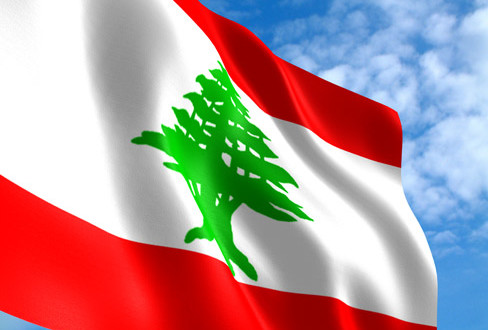Dr. Tony Atallah
The laws ruling the information in Lebanon, printed press and audio-visual, are no more sufficient to contain all the moral rules of the media behavior. Therefore, a charter regulating the information profession and enhancing it ethics is necessary.
The mere mention of the need of a charter, rules of responsibility and auto censorship, terms in circulation in the profession milieu, is alone a tacit acknowledgement of the damages caused by certain institutions or certain journalists by exploiting freedom excessively.
As for the legal problematic of the information charters, from the freedom and responsibility point of view, Lebanon is facing serious challenges as for the preservation of the plurality and diversity of the information and its role in the Arab region.
In the name of freedom, the mass media played in Lebanon the role of a lever to the citizenship as the guardians of democracy. But this same freedom caused unexpected effects. Deviations and breaches of the law and moral rules occurred during the last years.
The information has often been criticized since 1975 for its so-called role in the fomentation of conflicts. The concepts of “general order”, of “general security” and of “confessional riot” were invoked as pretext to aggress the liberties and notably the press liberty. Prosecutions increased since the end of the war in 1990 and the publications courts were overwhelmed. The Parliament had to issue three amnesty laws in the years 1992, 1996 and 2000.
A charter of information and professional ethics finds research motors to reach five targets:
– Preserve the national independence
– The information contribution in defending the rights and the development.
– Build up the citizenship and spread the culture of social peace.
– To protect liberty and diversity, especially media diversity
– Integrity and credibility
Certain Lebanese legislations concerning information need:
– To amend the press law
– To develop the audio-visual law, that is the TV diffusion and the radio broadcasting law No. 382/1994
– To develop the legislations concerning the professional organizations and syndicates of journalists.
– To constitute judicial instances and chambers specialized in the media affairs, including judges and experts in professional affairs on the media, administrative, financial and technical levels.
– To modify and activate the censorship rules and establish a control tower of mass media
– To liberate the information from the taxes and enhance its chances of development because it is a productive sector for investment, employment and work opportunities.
There is a long list of leading Lebanese works to reach a charter, the last of which: the meetings of the work team at the Ministry of Information under the presidency of Minister Tarek Metri in the last quarter of 2008 in view of a declaration of principles that were discussed with representatives of the audio-visual and the printed press at the Ministry on 12 and 22/12/2008
 Lebanese Ministry of Information
Lebanese Ministry of Information



